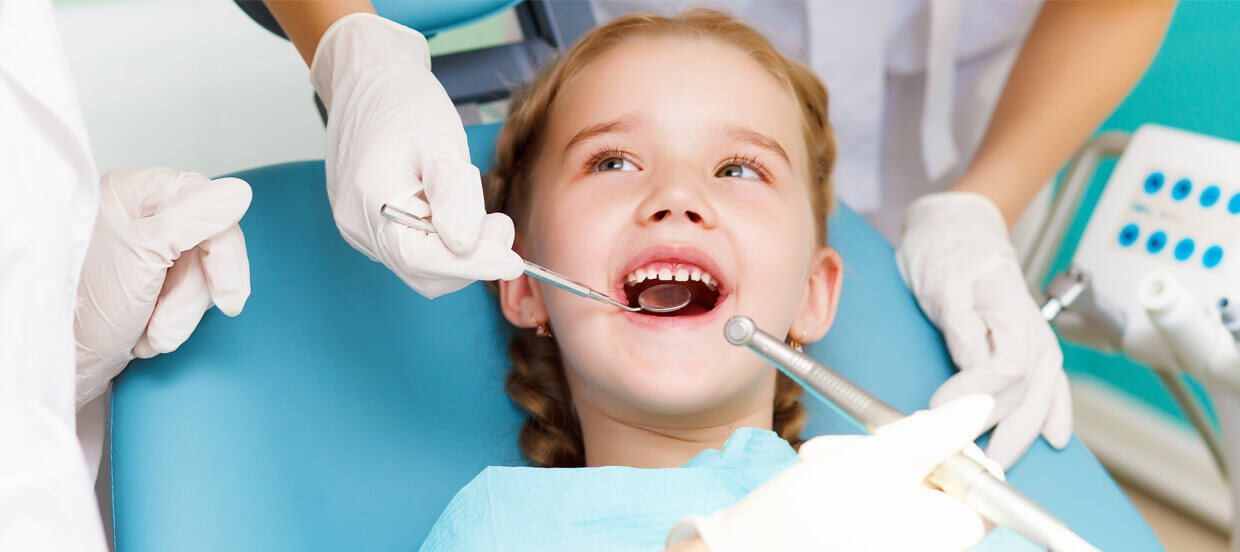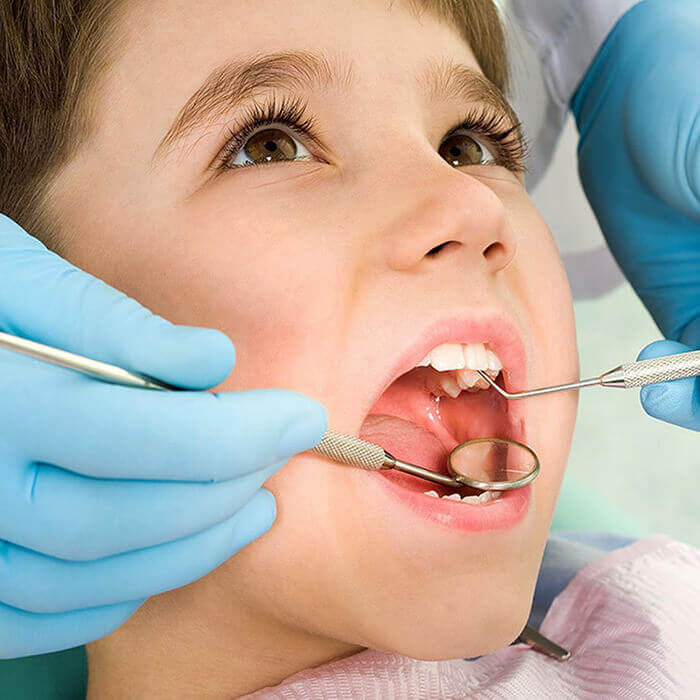
At Cura caring for the health of your child is vital.
Paediatric dentistry is primarily focused on disease prevention in children, which includes instruction on a proper diet, use of fluoride, and the practice of diligent oral hygiene maintenance. Whilst its routine practice deals with management of tooth decay, it also includes guiding tooth alignment for proper oral function.
Paediatric dental health care needs patience and a basic knowledge of children’s behavioural patterns, as well as a sound knowledge of the effects on the mouth of physical and mental diseases.This is a highly specialised field of dentistry which focuses on a wide spectrum of conditions affecting dental development in youth. We encourage you as parents to bring your children from a young age to ensure your child enjoys continual health and good oral hygiene habits from as early an age as possible.
What are common paediatric services for children?
- Fillings and extractions
- Root canal treatment of primary teeth and crowns
- Preventive services: sealants, fluoride therapy
- Orthodontics in the early mixed dentition
- Management of traumatic injuries to primary teeth
- Tooth decay (caries) risk assessment
- Dental treatment for children with special needs
- Dental treatment for very young and anxious children
- Infant oral health services
Painless Dentistry
Pain control is important in children, and anxiety can heighten the response to pain.
We offer treatment under both local or general anaesthesia in a child friendly environment, removing the fear and anxiety often associated with dental care.
Any children admitted to a day surgery suite for treatment are discharged on the same day.
Any children admitted to a day surgery suite for treatment are discharged on the same day.
When is dental treatment under general anaesthesia recommended?
- Very young children
- Very anxious children
- Children with multiple treatment needs
- Special needs children
We also provide services targeted for parents and their infants to:
- Assess the risk of infants developing severe early childhood tooth decay (caries) and the risk of parents passing this disease onto their infants
- Develop preventive programs and closely follow up infants at risk
- Monitor the oral development of infants in relation to teething and oral habits
- Teach parents appropriate feeding and oral hygiene practices for their infants
